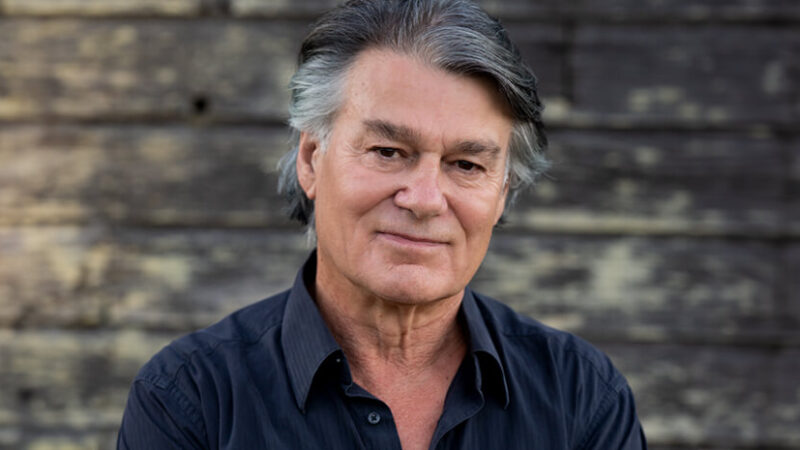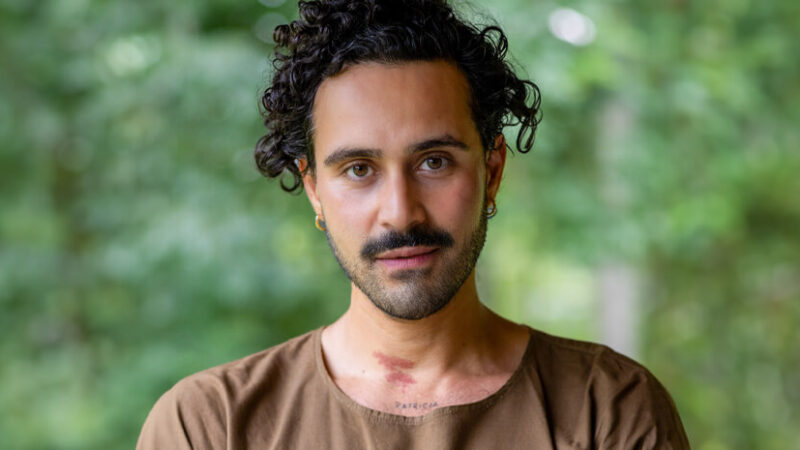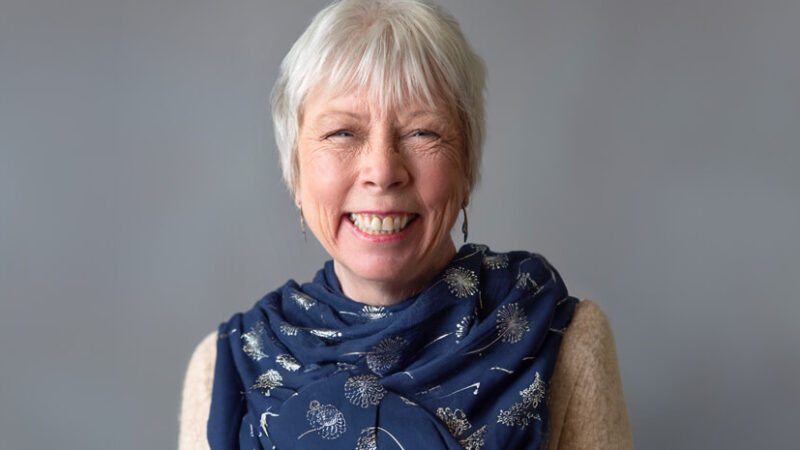Briana Saussy is a writer, teacher, and founder of the Sacred Arts Academy, a school dedicated to the restoration, remembering, and everyday practice of the sacred arts. With Sounds True, she’s written Making Magic: Weaving Together the Everyday and the Extraordinary, as well as Star Child: Joyful Parenting Through Astrology, where she invites us to recognize how the zodiac’s archetypes live within each of us, to honor these differences, and to joyfully raise our children by the stars. In this episode of Insights at the Edge, Tami Simon and Briana discuss the many practices that make up what Briana calls the “sacred arts.” They explore why many of these practices, such as ritual and astrology, have been relegated to the sidelines in modern Western culture, how myth and folklore act as the primary source material for the sacred arts, and how we can participate in the current revival of these practices. They also discuss how astrology can help us better understand our children and the full range of humanness we all embody.






